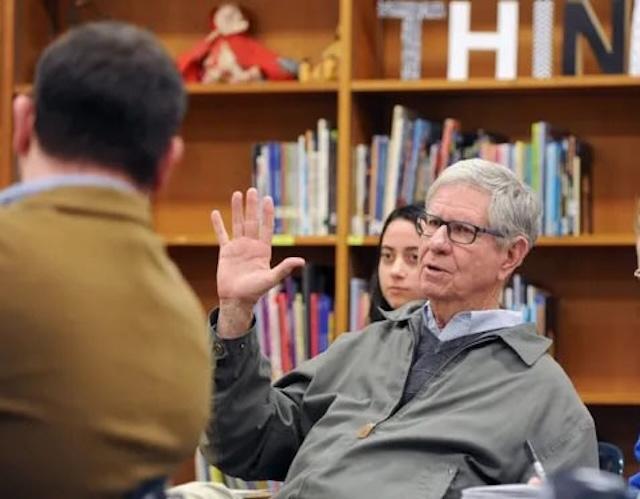Hot button issues for this week are the privatization of public schools, third grade reading/retention and high stakes testing.
Privatization ~ I believe privatization is a very bad idea. It siphons monies that should go to academics including student supports.
Charter schools and vouchers offer many promises as to what they can do for children and families, but often remove students who aren’t doing well. Could that elevate their success rate? The governor of Tennessee wanted to cooperate with Hillsdale College in Michigan. Their president, Dr. Larry Arnn, denigrates the teachers from the colleges of education and all affiliated with the education process. Some of his words about public educators: “The teachers are trained in the dumbest parts of the dumbest colleges in the country.” He went on to say: “You don’t have to be an expert to educate a child because basically anybody can do it.”
Fortunately, vouchers were defeated with the hard work of folks in Memphis, Nashville and Knoxville with some playing a yeoman’s role in the onerous but necessary task.
Third grade reading/retention ~ Now to the issues still on the table still affecting all our public schools: third-fourth grade reading, high stakes testing and retention and how to teach reading.
How to teach reading is more complex now than in the past because of the near addiction to social media. Reading is sedentary and requires thought. I found that whole language and phonics were a good approach. Also, children of all ages need to see parents reading. They learn through modeling.
Testing ~ Across the country including Knox County there are a sizeable number of children who are not scoring proficient on reading and writing while others are claiming that the students are reading. This is far more than a two-edged sword.
In the 1990s, Charles Hargis proposed tailoring the curriculum to the child rather than forcing the child into curriculum, which he called curriculum casualties, because a lock step curriculum guarantees some students will fail. I never saw either a school or school system try this as whole process and we are still failing students.
Is this the lure of the charter school promise? Public schools can provide it with the right visionary leadership and funding.
The 2024-2025 school year will be one of the most important in our history. At the local level, instrumental and expressive leadership from the superintendent is a necessity. As Blenza Davis, an excellent educator and principal, said 20 years ago when we began an incredible collaborative relationship: “These children do not leave their problems at home when they come to school.” From this humble beginning, the University Assisted Community Schools began. This model to be fully discussed in a few weeks began with the collaboration of the two individuals, the University of Tennessee and Knox County Schools.
I hope readers here will not only support but get involved with your public schools.
Bob Kronick is professor emeritus University of Tennessee. Bob welcomes your comments or questions to rkronick@utk.edu.

